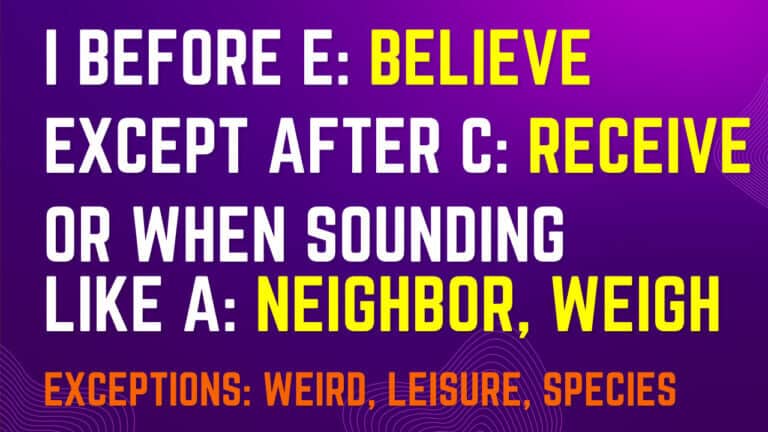 This is a guest post by JollyBabyClub.com
This is a guest post by JollyBabyClub.com
During the first few years of their life, a child is able to learn a foreign language almost effortlessly and accent free. It won’t overwhelm them, so as a parent it is unnecessary to be concerned about it.
For many parents their child’s learning of a second language can’t come quick enough, whether this begins at school, nursery or at home when they are still a baby. Numerous past studies suggest that it is not at all disadvantageous if a child comes into contact with a second or even third language early on. So is the saying “the earlier you start, the better” valid in this instance?
Research in recent years has consistently shown the numerous advantages of learning a foreign language early on, from perceptible leaps in the development of thought and behavior, to having more empathy and sensitivity towards other people. A lot of research in this area shows results where bi/multilingual children usually did better or at least as good in tests than their monolingual contemporaries.
Bilingualism and intelligence
All research on this topic is in full agreement that a bilingual upbringing has a positive effect on a child’s intelligence. Not only are these children less likely to be behind in their development, but contact with two languages as a child can also have a positive influence on memory capacity. It is also thought that children who are brought up bilingual are able to better express themselves verbally. These children are likely to be more aware of learning strategies than monolingual children.
Bilingualism increases awareness
Studies have clearly shown that even in children, contact with a second language causes visible reactions in the brain. Research has also discovered that a child’s brain can simultaneously call upon both languages that the child is learning in certain situations. For example, a child who has both German and Spanish as their mother tongues would be able to identify the names of animals they see in both languages whilst visiting the zoo.
In conclusion it can be said that the control or control center in the brain respectively of all children who are brought either bilingual or multilingual is particularly well developed.
Do you speak English?
The children’s YouTube channel Jolly Baby Club features cartoon versions of popular children’s songs in both 2D and 3D animations. All videos are free to watch and work as a fun tool for learning English, as the content is funny and playful in tone. This video, for example, features one of the most well-known children songs worldwide; “the wheels on the bus.”

Children learn new languages faster than adults.
Communication with other people is important for everyone. In most cases this is done through language.
The great thing about young children and babies is that they learn languages automatically. To be precise, they learn the language that their parents and other people speak with them. This is their mother tongue.
Children pick up new languages relatively easy. Children are able to learn a second or even third language fluently up until the age of four. Everything is playfully learnable. Afterwards, however, it becomes more difficult.
A child’s brain builds networks for speech processing until the age of four. These fundamental networks can eventually be used for all languages. From four years old onwards languages have to be learned rather than acquired. This means that new networks for new languages have to be developed in the brain. This process becomes more arduous the older we get. As a result it is always possible to learn a new language, but it isn’t as easy as in the first four years of your life, as it doesn’t come so intuitively and automatically.
There are many advantages to being a bilingual child. Experts say that children who are brought up speaking two or more languages are likely to be more creative than monolingual children and more confident when using their mother tongue. It should also have a positive effect on a young child’s attention span and will able to process information quicker and be more aware of their surrounding environment.
In other words, bilingually raised children are more successful at focusing their attention on something in particular, whilst blocking out distractions than monolingual children are. This is because a bilingual child frequently uses both sides of their brain at the same time, as it contains more neural links between both halves than a monolingual child’s brain. Therefore a bi/multilingual child’s brain more trained as a whole, which can help in later life by delaying illnesses such as Alzheimer’s of Dementia by up to five years.
Conclusion
One thing’s for certain is that it doesnt hurt to learn a language at any age.
When children learn a second language during their developmental phase they are also likely to come into contact with another culture. However you dont need to necessarily learn a langauge or master it fleuntly in order to get an awareness and appreciation for its culture. Listening to ryhmes or songs from that culture and singing along would be more than enough. Have fun with the songs and videos from Jolly Baby Club.








